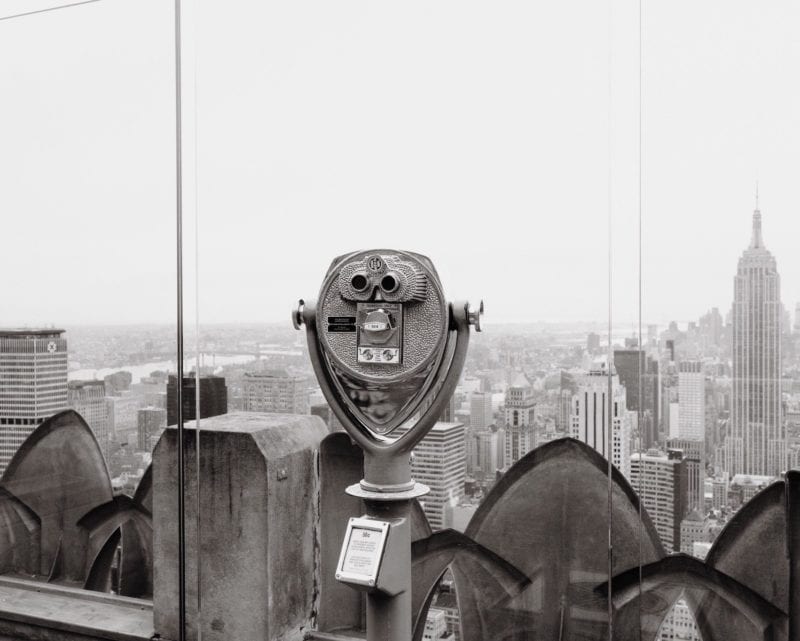I’m not sure if I would have laughed or cried if somebody had told me in my youth, that I would one day serve the refugee and immigrant communities. I had been conditioned to believe that people should stay where they are born. But life happened… I learned, I traveled, I saw and I listened. To be formally or informally displaced in this world is a very human experience for many. Our immigrant communities are so valuable. The men, women and children I have come to know from very unique contexts around the world, have taught me so much.
It was in a refugee camp in the middle of Athens, Greece — where an Afghan woman lay very sick in front of me surrounded by her children who had lost all hope — that I knew I would be engaged in this work forever, in whatever context I found myself in. This personal mission was reinforced in a tiny apartment with three children and their pet bird, as we played together and they told stories of how they fled Chechnya with their mother after their father was murdered in their home.
I am thirty-seven now, with three children of my own; and at this point in my journey all things have shifted from my story to our story.

Many of us advocate for immigrants because we have been gifted with deep wells of love and courage from those in our communities who have had to carry the burden of not belonging. Novelist Chimamanda Ngozi Adichie boldly said to TIME magazine last month, “Creating room for people is not only doable, it is a moral imperative. It is the moral imperative of our time.”
Those who give their lives to serving displaced persons share this conviction. We see the issue as an US with US initiative, as opposed to an US vs.THEM problem to be solved. Slowly, welcoming communities are being formed as volunteers and advocates emerge from all walks of life: attorneys, policy makers, religious leaders, educators, doctors, teachers and journalists with and alongside the immigrant families and individuals themselves. This hospitality is reciprocal, as we who extend our time and resources also receive from the immigrant community, the joy of friendship and trust, as complex and uncertain as our futures together may be.
We see the issue as an US with US initiative, as opposed to an US vs.THEM problem to be solved.
Instead of recycling through the combative political rhetoric on the issue, many have made it a habit to personalize this emboldened effort and celebrate the ways in which hospitality to outsiders makes us better as a whole. Many of the people engaged in advocacy find this work to be interwoven with their own personal histories. Those who dream of immigration reform are full of hope and wonder, just like you and me.
Why is it personal? It’s personal because a growing number of Americans have had this hidden human struggle come into view by paying attention to the stories of neighbors and friends. It’s personal when our sons and daughters speak of kids disappearing from the classroom, only to find out later that it was due to an uncertainty of which place that child can call home. It becomes personal when a peer who seems as American as you and I, is compelled to tell her community that she is undocumented because her parents brought her into the United States when she was three years old. It’s personal when a student tells you that his father is being deported. Legal facts aside, when families are torn apart there is a deeply painful element, no matter how you look at it. It’s personal when we learn that our neighbors are part of the weary low-cost labor force that North American corporations benefit from, working those jobs that many U.S. citizens don’t want to perform.
Instead of remaining paralyzed by the complexity and size of the problems and risks that immigrants face on various legs of their journey, we have opportunities to reorient our ways of life together as an extension of encouragement and hope for those who may not yet have a place to call home.
Here are some tangible ways we can play a role in the immigration narrative:
Embrace neighbors as they are. Long walks in neighborhoods with unique cultural diversity can open up our imagination of how we interact with others.
Renounce the temptation to archive this issue somewhere as a right vs. left political debate. Instead, humanize it. Listen to stories. Like you and I, migrants have human emotion and very evident memories and hopes.
Be cautious with forceful information, images and opinions about the issue; and start engaging more people. Instead of merely ‘liking’ and ‘sharing’ words on our devices, let’s be darling and daring by our actions. If we are bold in asking friends, classmates and co-workers about their own immigration stories, then more stories will begin to emerge, no doubt.
Look for opportunities to volunteer. Find out if there are local nonprofit organizations that assist the immigrant community. Often immigration advocacy groups are looking for translators, assistance with educational events, and help with community outreach and fundraising.
Embrace the ancient wisdom that my mother taught me at a young age: To whom much has been given, much more is required. On both the national and local levels, this wisdom is more tangible in community than it is as isolated individuals.
Finally, remember where we all come from:
Give me your tired, your poor, your huddled masses yearning to breathe free, the wretched refuse of your teeming shore. Send these, the homeless, tempest-tossed to me, I lift my lamp beside the golden door! – Lady Liberty
Are you involved in advocacy work? How has it changed or deepened your worldview?
Images via Maddie Greer












1 comment
This is a wonderful call to action, and reminds me of the volunteer work I did working with refugee women in my old, hometown of Buffalo, NY. Interacting and engaging with these women on a personal level was so powerful and humbling. It left an unforgettable impact on me, because when we strip away political, bureaucratic and racial agendas, we see the person, as she is, and that’s so much bigger than any campaign or ideology.